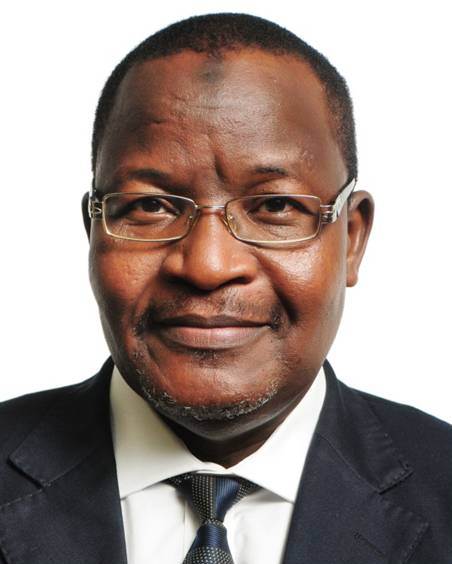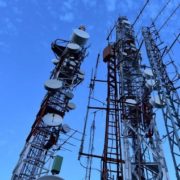By OLUWATOBI OPUSUNJU
Telecoms ombudsman, Nigerian Communications Commission (NCC) is to license more broadband operators in the country to achieve the 30 percent broadband penetration target of the Federal Government as inked in the National Broadband Plan (NBP).
This was revealed by the Commission’s Executive Vice Chairman and Chief Executive Officer, Umar Garba Danbatta who was represented by the Director of Technical Standard and Network Integrity, Mr. Fidelis Onah, at a recent function in Lagos: the annual Middle East and Africa (MEA) Conference and Exhibition organised bythe Building Industry Consulting Service International (BICSI).
He said the NCC is to complete the licensing of infrastructure companies, adding that two infrastructure companies (Infracos) have already been licensed to offer services in both Lagos and North-Central Zone under Phase 1 licensing round.
“The NCC will continue to drive and support high speed connectivity and infrastructure which is the bedrock of ICT growth and development to end-users through initiative such as license Infracos on a regional basis to provide fibre and wholesale transmission services on a non-discriminatory, open access and price regulated basis. Phase 2 licensing of Infracos for the remaining five geopolitical zones will commence soon.”
He stated that the availability of infrastructure is unarguably the backbone for affordable, reliable and ubiquitous broadband services across the country, adding that the commission is already putting in place the required infrastructure to accelerate broadband penetration.
“NCC will create an enabling environment for easy and efficient deployment of fibre optics transmission network; continue ongoing talks and discussions with various levels of government to facilitate speed in the processing of permits, harmonisation of tax regimes and ease of deployment of infrastructure including right of way charges; enhance competition in the market and improving consumer choices; classification of telecoms infrastructure as Critical National Infrastructure,” Danbatta said.
“The mobile revolution is still ongoing. The broadband revolution is about to commence; the solid metro and backbone ICT infrastructure required to carry and sustain the huge amount of data to be generated is already being planned to be put in place,” he added.
According to him effective distribution of infrastructure and broadband penetration will help deepen IT skills as well as increase the country’s GDP exponentially.
“This will yield the growth, development and increase in GDP that is necessary for Nigeria to take her place in the league of ICT savvy nations. It takes effective distribution of infrastructure to have services permeate all nooks and crannies of the country,” he reckoned.






























